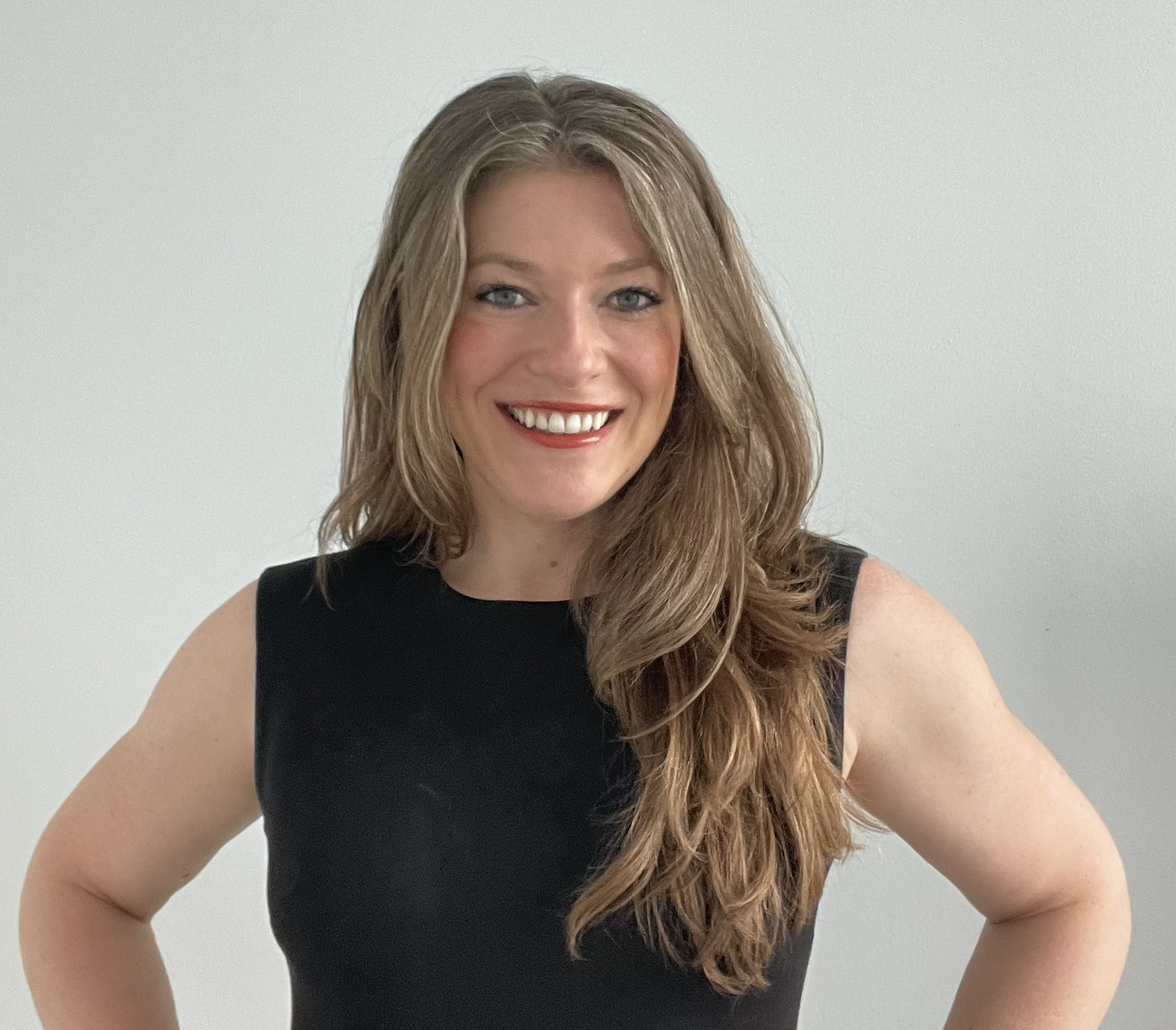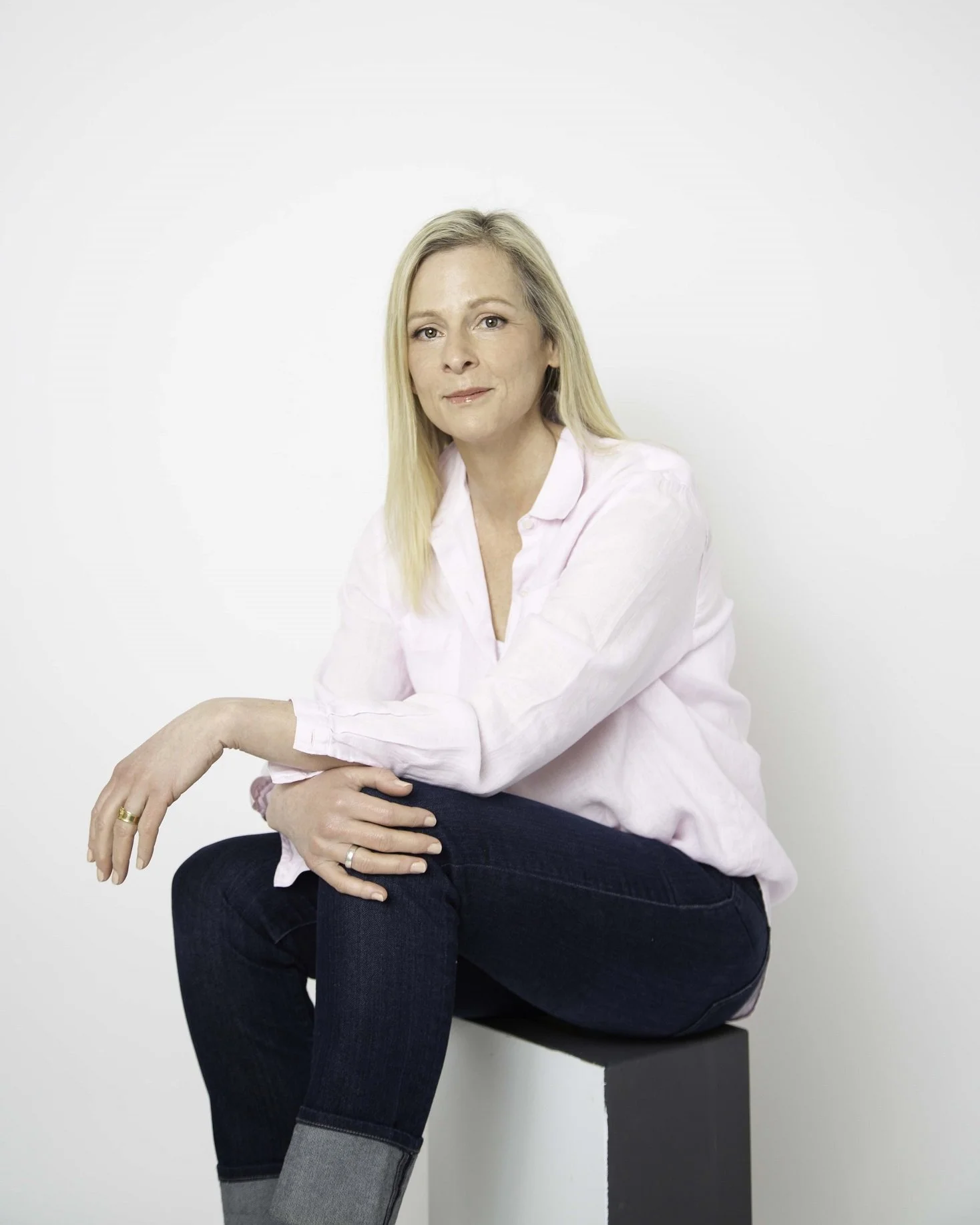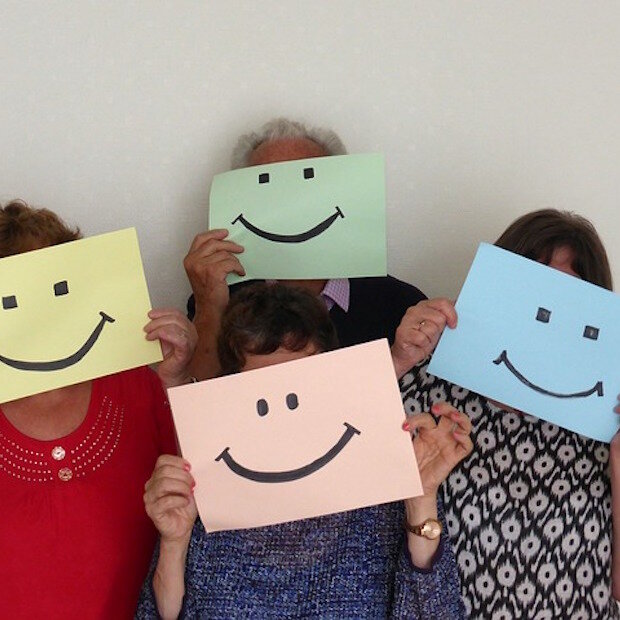Growing a business to give back. Critical lessons in love and leadership.
/Revanti “Rani” Puranik is co-owner, EVP and Incoming CEO of Houston-based Worldwide Oilfield Machine (WOM). Over 15 years ago, she joined WOM, an oil and gas equipment manufacturing firm, and has since implemented the framework for communication standardisation operations and business development. As a result of these frameworks, the company grew to more than $350 million in annual revenue. Rani has been named one of the “Top 25 Most Influential Women in Energy 2022” by Oil and Gas Investor and Hart Energy.
Rani grew up in Houston, Texas for the first nineteen years of her life. For the next nineteen she lived in Pune, India were she founded and ran a dance company for leadership and empowerment. In 2007 she moved back to Houston where she joined WOM and in 2014 she graduated with a MBNA in Finance from Rice University. In 2016 she became the global Global CFO at WOM before becoming the incoming CEO. A different part of her life is that she is the Chair for her family foundation. The Puranik Foundation operates a residential school in Pune India for under-resourced children with 250 children currently living on campus. Three generations of Rani’s family are involved with the foundation, her mother who set it up, Rani who is very active in multiple programmes across the globe and Rani’s eldest daughter who is the managing director for all of the US based foundation projects. Rani also has a third hat, with her first book due to be published in November 2022.
The oil industry is still heavily male dominated so Rani has needed to be resilient. She feels that there have been a number of women ahead of her who paved the way and allowed her to be stronger in the business. She also believes that the industry goes beyond gender and is more about merit. If we show up as human beings, are dedicated, committed, understand our skills and talent, are open minded and able to collaborate with a variety of people it goes beyond what your gender is. When people start to look at you in a meritocracy you are taken forward and that is what has helped her to stand her ground.
There a lot of women in senior positions who feel they are more talented than their male colleagues because they've had to fight twice as hard to get where they want to be. Rani would give these voices credit because they have had to fight a little harder, been stronger, showed up a bit more, been more resilient and had to give the benefit of the doubt. It has happened in the oil industry but it is easing up a little bit and Rani has seen a change with a push towards hard work and merit.
Rani’s family has always had an ‘earn and return’ philosophy. WOM was started by father and he was always focused on business growth but her mother is more about what can we give back to society. Rani can understand the views of both parents and the way she sees is that we are not immortal. With that in mind she is building and growing the business to really give back. The goal for the next five years is to be a $1 bn company but in tandem with that is the life goal – the company wants to positively impact one billion lives around the world. This is more than a company philosophy, its the culture and fabric of who they are as a company and team.
By wrapping meaning into the working day people can see that they are there to achieve not only a financial goal but that they also have a goal of purpose. When things get tough you know what you’re doing and why you’re doing it. Their customers are not just clients who pay - they are every life they can touch. This can be the lives of people working in the company though employee programmes and benefits or the career ladder but also by impacting positively and making life better for the end customer. What keeps the company going is innovation and efficiency. If they can bring the overall coast down that gets handed over to the customer so their expenses come down and the end user eventually gains the benefit.
The company is also very clear on its impact on the environment. They do provide equipment to drill for oil and gas but use technology to minimise the disposal, the materials used and the overall harm to the environment. In operations they consider the people out on the fields to make their life safer, better and easier as well as produce at a more economical rate. Their philosophy is about people.
The nature of business is to innovate and many businesses in the sector are getting into more renewable alternative energy. At WOM they consider themselves to be a vertically integrated manufacturing company with their core competences being in bending and molding steel with very specialised coating processes. They are primarily an engineering and manufacturing company who can cater for any heavy industry requirements out in the field, for example rail, defence or shipbuilding, so that is the type of expansion they are looking at in addition to renewables.
Being the founder and CEO of a dance company in India and now CEO of a multinational, Rani has realised there are 4 stages to leadership. Stage 1 is listening, Stage 2 is acting as the bridge, Stage 3 is providing inspiration and Stage 4 is letting go, which Rani feels is the best part of leadership. Employees have gone through the different stages and now have the inspiration, confidence, and know how to lead.
The idea of legacy is important to Rani. This hit her when she lost her brother in 2018. He was 8 years younger than her and his sudden passing made her realise that we are not immortal. She feels that if she can make conscious and mindful decisions today she will have the potential to make the next life better and her efforts will pass on from one life to the next. To Rani the effort and intension of making a life better are a legacy. This can be linked to her creation of meaning. When things get tough there is a sense of purpose and legacy in both the organisation and the foundation.
People often see large companies with huge resources and wealth but whether it’s in good times or bad, Rani feels we are all just stewards. She has always been spiritually inclined and has looked for a larger purpose and meaning in life. This isn’t just because she is part of a big family business but because she feels very responsible and that has made her look for that meaning. There are always situations when we have to dig in our heels, stay determined and keep going but there are also times when we have to surrender and say I’m not in control here. Not everything goes our way and that's when it clicks and you realise you are just a steward, a bridge to connect one generation to the next. If you give your best then everything else will come together and when you give with a good heart in some shape or form it does come back.
Rani’s book Seven Letters to My Daughters (Morgan James Publishing, Fall 2022), pulls together different threads and strands of her life. The motivation to write it came from her girls who said she should write her story so her message can become her legacy. She dug into the science of ourselves and found that conceptually we regenerate ourselves every seven years so as human beings we are new people every seven years. She wrote a letter for every 7 years and each contains a critical lesson of love and how to lead. What is it to be a leader How do you lead? What does legacy mean and how do you build that? They are things she believes has made her successful, satisfied and peaceful in this day and age.
For more information, please visit https://ranipuranik6.wpengine.com/
You can listen to the podcast in full and find out further information here. Our upcoming guest list is also available along with our previous blogs.
Find out more about our innovative Resilience and Burnout solutions.










































